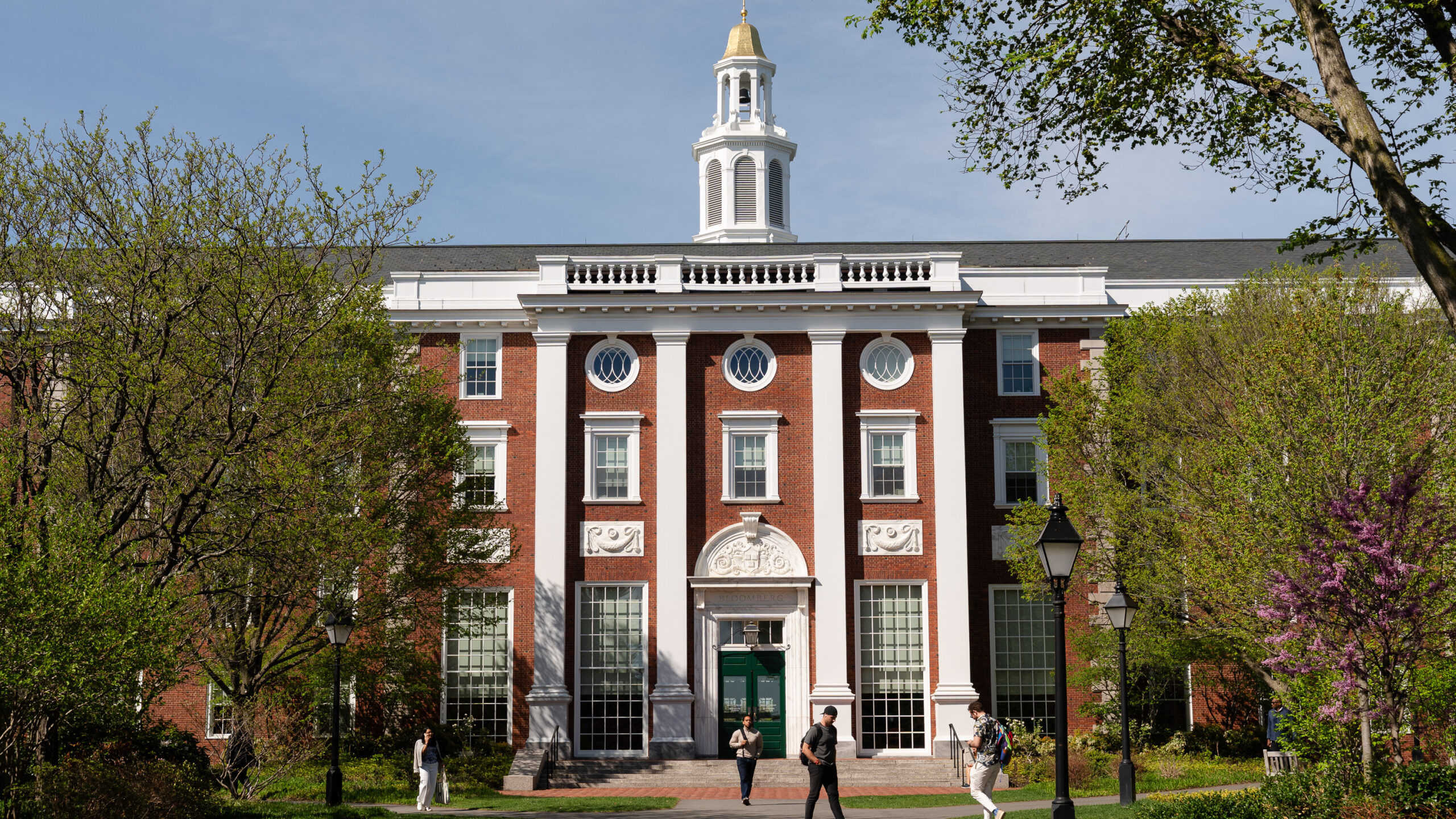Discover why the Trump administration has banned Harvard from enrolling international students, what it means for nearly 7,000 foreign scholars, and how this historic decision could reshape US higher education. Full details, expert analysis, and what comes nex
Table of Contents
- Introduction: A Historic Crackdown on Harvard
- What Did the Trump Administration Do?
- Why Target Harvard? The Official Reasons
- How Many Students Are Affected?
- Immediate Impact: What Happens to Current Students?
- Harvard’s Response: Legal and Moral Stand
- Wider Implications for US Higher Education
- Political and Social Reactions
- What’s Next for International Students?
- Expert Opinions: Is This Legal?
- How Could This Affect Other Universities?
- Conclusion: The Future of US Academic Freedom
Introduction: A Historic Crackdown on Harvard
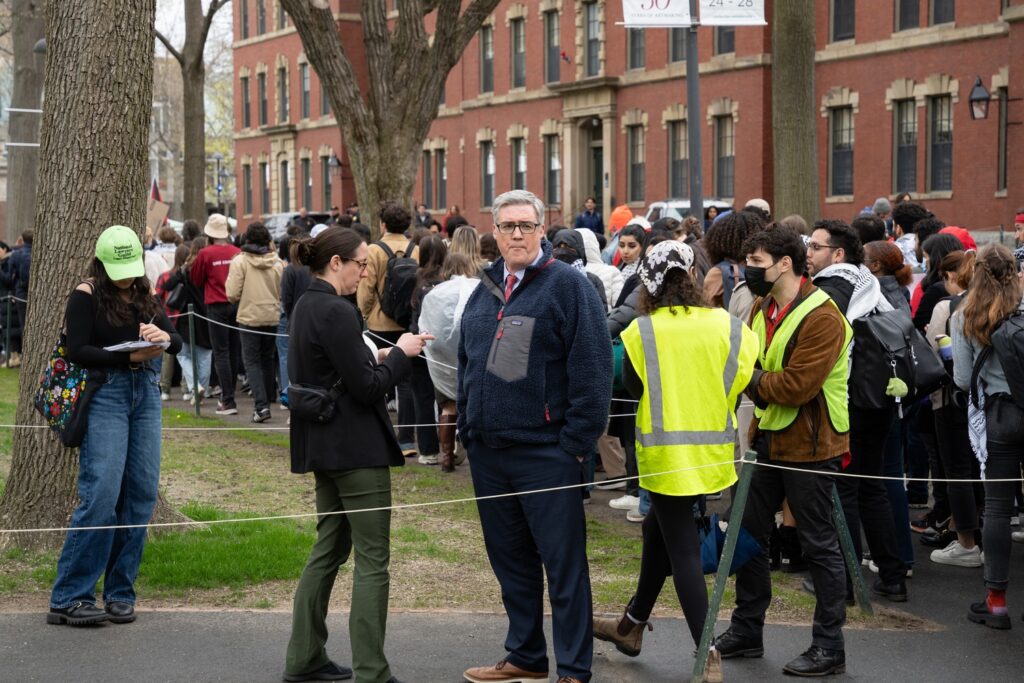
In a stunning and unprecedented move, the Trump administration has revoked Harvard University’s ability to enroll international students, sending shockwaves through the academic world and threatening the legal status of nearly 7,000 foreign scholars at one of the world’s most prestigious institutions. This decision marks a dramatic escalation in the administration’s ongoing conflict with elite US universities.
What Did the Trump Administration Do?
On May 22, 2025, the Department of Homeland Security (DHS), under Secretary Kristi Noem, rescinded Harvard’s certification for the Student and Exchange Visitor Program (SEVP). This action means:
- Harvard can no longer enroll new international students.
- Existing international students must transfer to another SEVP-certified institution or risk losing their legal status in the US.
This decision is effective from the 2025–26 academic year. Students graduating this semester are allowed to finish their studies, but others must immediately seek transfer options unless the order is reversed or halted by a court.
Why Target Harvard? The Official Reasons
The Trump administration cited several controversial reasons for this drastic action:
- Alleged Antisemitism: Accusations that Harvard has fostered a campus environment hostile to Jewish students and allowed pro-Hamas sympathies to flourish.
- Collaboration with the Chinese Communist Party: Claims that Harvard has collaborated with the Chinese government and even hosted members of a Chinese paramilitary group.
- Non-Compliance with Federal Demands: Harvard reportedly failed to provide requested records about foreign students, including disciplinary records and protest-related footage.
- Retaliation for Refusing Information Requests: The move follows Harvard’s refusal to comply with a wide-ranging records request from DHS.
“This administration is holding Harvard accountable for promoting violence, antisemitism, and for its collaboration with the Chinese Communist Party on campus.”
— Kristi Noem, Secretary of Homeland Security.
How Many Students Are Affected?
Harvard University currently hosts nearly 6,800 international students, representing over a quarter of its student body. Most of these students are pursuing graduate degrees and hail from more than 100 countries.
| Category | Number | Percentage of Total |
|---|---|---|
| Total international students | 6,800+ | ~27% |
| Countries represented | 100+ | |
| Graduate students (est.) | Majority |
Immediate Impact: What Happens to Current Students?
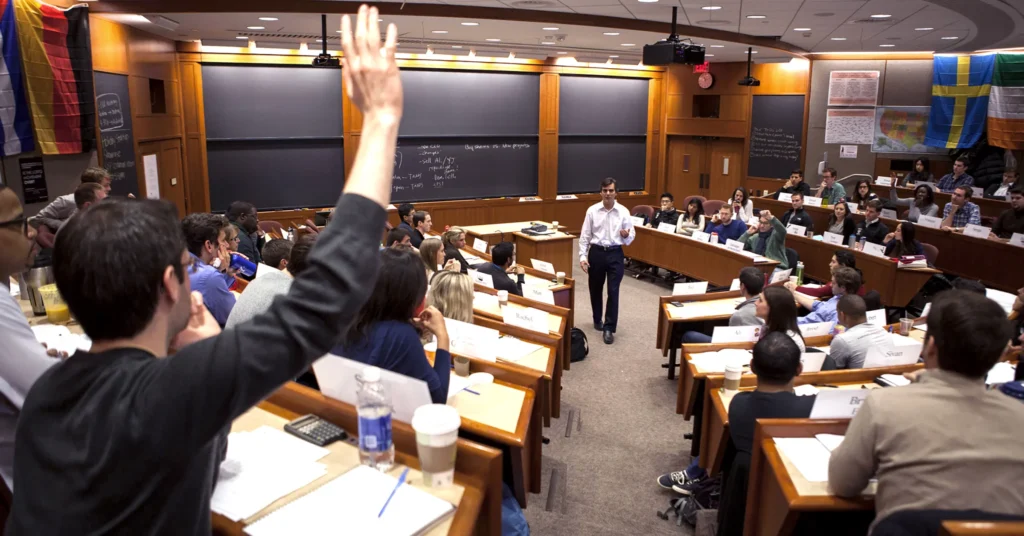
- Transfer or Lose Legal Status: All current international students must transfer to another SEVP-certified university or risk deportation.
- Graduating Students: Those graduating this semester are allowed to complete their degrees.
- Uncertainty and Confusion: Many students face uncertainty about their academic futures, visa status, and ability to remain in the US.
This move places immense pressure on students, many of whom have invested years and significant resources into their Harvard education.
Harvard’s Response: Legal and Moral Stand
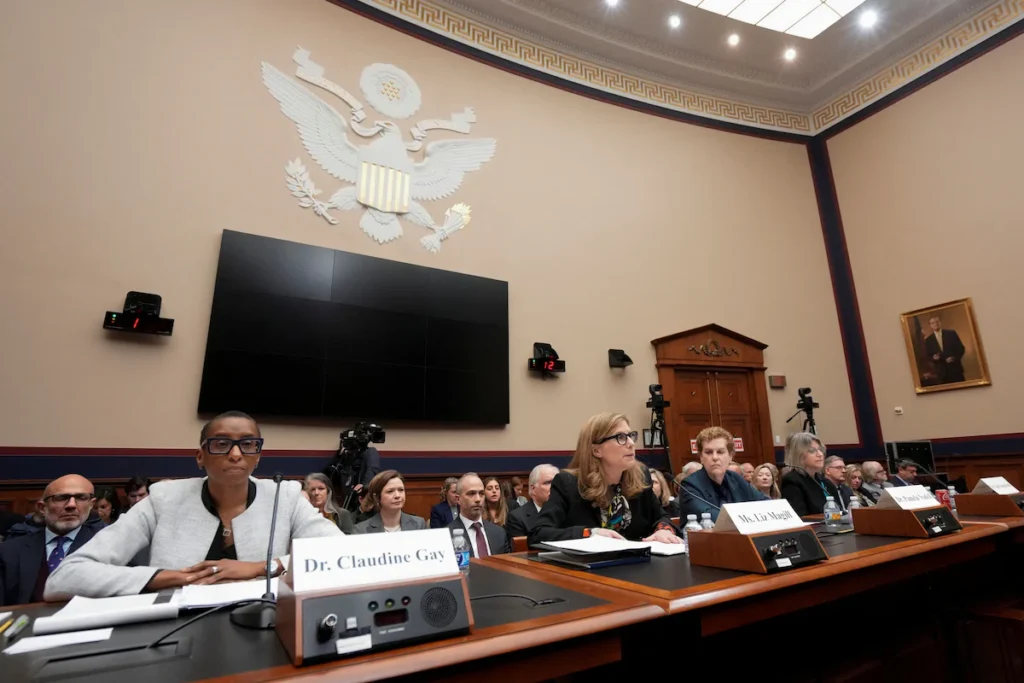
Harvard has condemned the administration’s decision as unlawful and retaliatory, vowing to support its international students and challenge the ruling in court.
“This retaliatory action threatens serious harm to the Harvard community and our country, and undermines Harvard’s academic and research mission.”
— Harvard University Statement
The university is working urgently to provide guidance to affected students and is expected to mount a legal challenge.
Wider Implications for US Higher Education
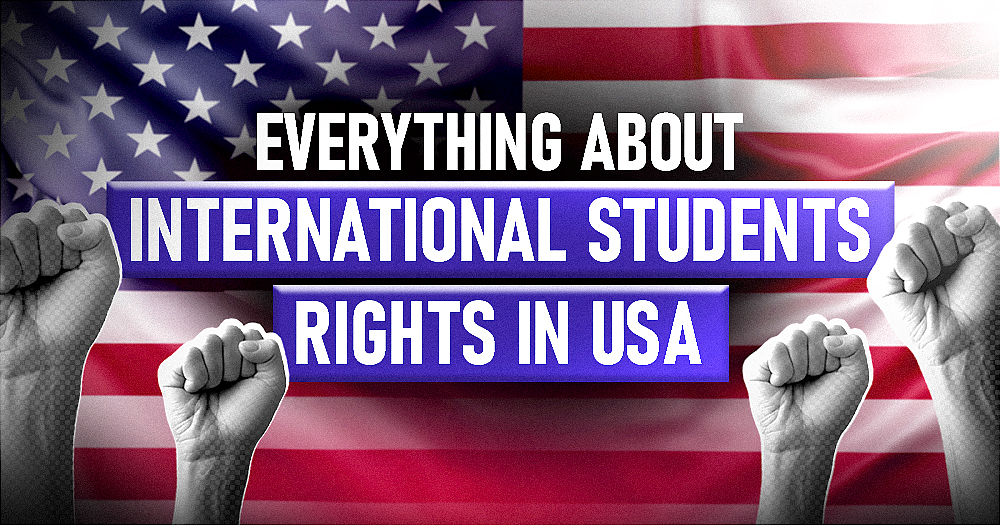
Financial Impact
- Loss of Revenue: International students pay higher tuition and contribute significantly to university finances. For Harvard, tuition is $59,320 per year, with total costs reaching nearly $87,000 including room and board.
- Broader Economic Effects: International students contribute billions to the US economy through tuition, living expenses, and innovation.
Academic and Research Consequences
- Loss of Talent: International students are a vital source of academic excellence and research innovation.
- Diminished Global Reputation: The US risks losing its status as a top destination for global talent.
Precedent for Other Institutions
- Potential Expansion: Secretary Noem warned that other universities may face similar actions if they do not comply with federal demands.
Political and Social Reactions
The decision has sparked intense debate:
- Supporters argue it is necessary to combat antisemitism and foreign influence.
- Critics call it an attack on academic freedom and a politically motivated assault on elite institutions.
Advocates for international students and higher education warn that the move violates legal norms and threatens the foundation of US academic leadership.
What’s Next for International Students?
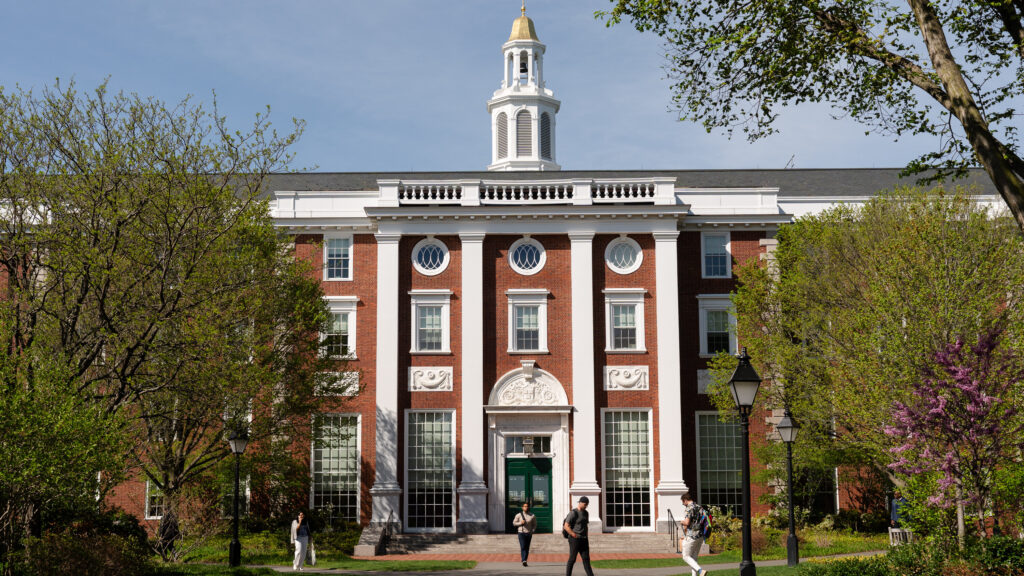
Options for Affected Students:
- Transfer: Seek admission at another SEVP-certified university.
- Legal Action: Await the outcome of Harvard’s legal challenge, which could result in a stay or reversal of the order.
- Return Home: For some, returning to their home country may be the only option if no transfer is possible.
Key Deadlines:
- Harvard has 72 hours to submit the requested records if it wishes to regain SEVP certification.
- The ban takes effect for the 2025–26 academic year.
Expert Opinions: Is This Legal?
Legal experts are divided:
- Unprecedented Action: Never before has such a large and prestigious university been barred from enrolling international students on these grounds.
- Potential for Legal Challenge: Harvard and advocacy groups argue the move violates due process and federal law, setting the stage for a high-profile court battle.
How Could This Affect Other Universities?
The Trump administration has signaled that other universities could face similar sanctions if they do not comply with federal demands for information and policy changes. This creates a climate of fear and uncertainty across US higher education.
Conclusion: The Future of US Academic Freedom
The Trump administration’s decision to ban Harvard from enrolling international students is a watershed moment for US higher education. It threatens the legal status of thousands of students, undermines the global reputation of American universities, and sets a dangerous precedent for government intervention in academic affairs.
As legal battles loom and students scramble for solutions, the world is watching to see whether the US will remain a beacon for international talent—or close its doors in the name of politics.
If you are an international student affected by this decision, seek immediate guidance from Harvard’s international office and consult with an immigration attorney. The situation is evolving rapidly, and legal challenges may alter the outcome.
*Stay tuned for updates as this story develops. For more expert analysis and breaking news on US education policy, subscribe to our newsletter.
